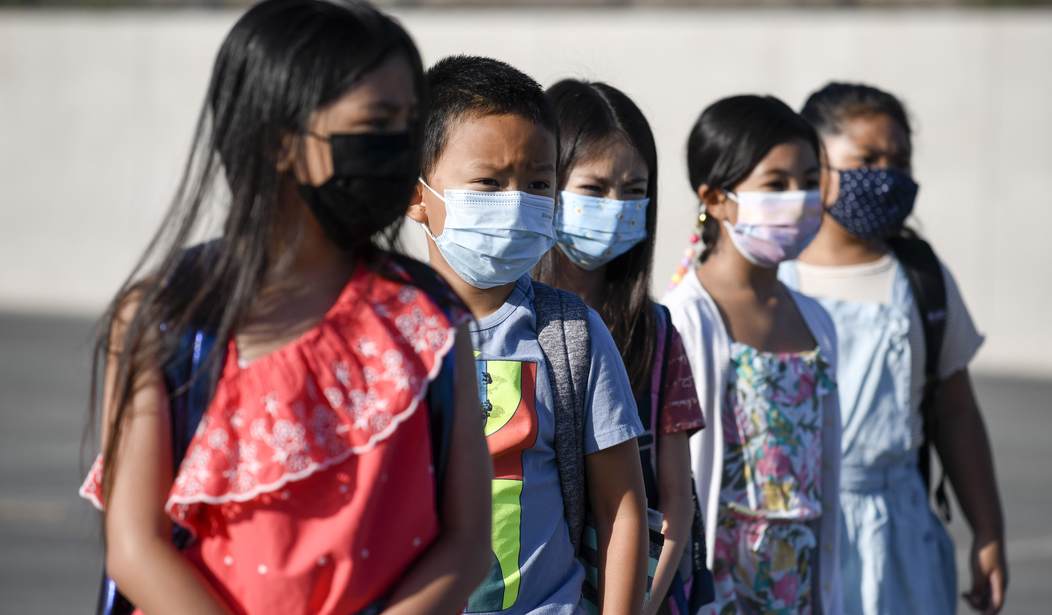A new 30-page study — 13 pages of text and 17 of footnotes and graphs — from the National Bureau of Economic Research was released Monday, and its findings are disappointing albeit unsurprising.
Led by Brown Professors Clare Halloran and Emily Oster, along with MIT’s James Okun and Rebecca Jack from the University of Nebraska-Lincoln, the non-partisan study combined Spring 2021 state standardized test score data with comprehensive data on schooling from the 2020-21 school year across a dozen states.
The bottom line is that success rates declined compared to prior years, and those declines were larger in districts with less in-person instruction.
Passing rates overall in math declined by nearly 15 percentage points on average, with estimates of the decline at 10 points for districts operating fully in-person.
Changes in language arts scores were smaller, yet significantly greater in districts with larger populations of Black, Hispanic, or students eligible for free lunch.
Bottom line: Higher test scores overall were associated with greater in-person learning shares.
Of the states analyzed, in-person learning rates were highest in Florida and Wyoming, and lowest in Minnesota and Virginia.
“The most obvious concern is that less in-person learning may reflect higher community COVID-19 rates, and that the health impacts of the COVID-19 pandemic are directly driving students’ academic outcomes,” the researchers explained. “However, this explanation does not align with the fact that in-person learning shares are actually higher in areas with higher COVID-19 rates.”
As someone married to a pediatric psychologist, I can attest that this news is in addition to the massive harm lockdowns and remote schooling did to children’s fragile mental states over the last 20 months, which can be reviewed here.
Related: Teachers Are Not Like Surgeons; Parents Get a Say in School Curricula.
Data has long shown kids are not at risk of serious illness from COVID-19, and moreover, all students can now get vaccinated.
In the face of consequences on this scale, there is absolutely zero rationale for any further remote instruction.
Let’s hope this reaches the desk of one of the most repugnant women in America, whose political agenda caused most of this trauma, but Randi Weingarten probably has other concerns.









Join the conversation as a VIP Member